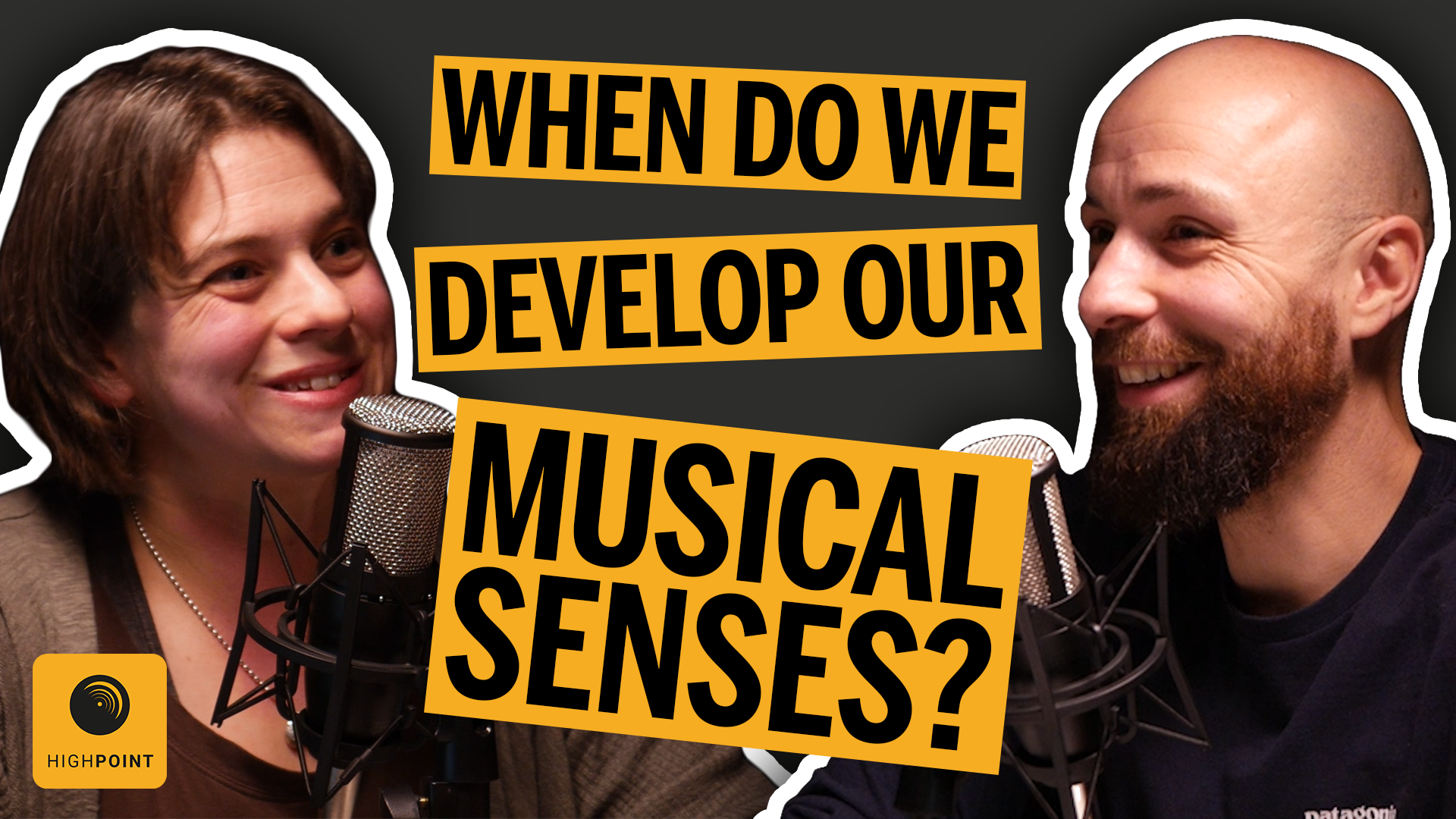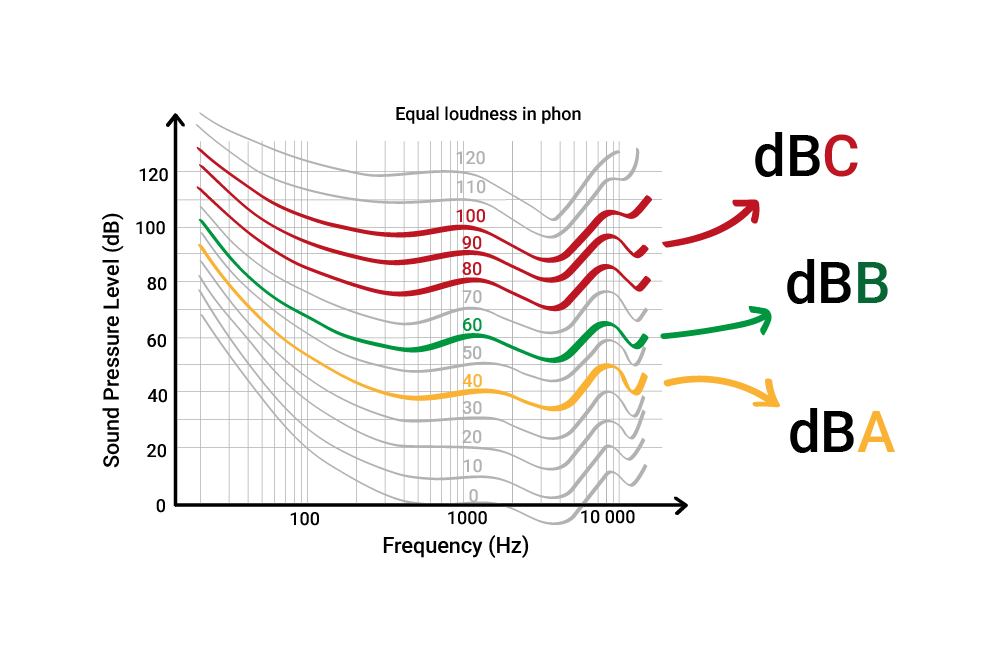
Annie Pye, lecturer in the psychology of music at Manchester University joins us in this episode, where we unravel the nuances of prenatal and newborn musical development. Delving into the age-old tradition of singing to babies and children, we explore the profound impact it has on their cognitive and emotional growth.
We deep dive into the intricacies of voice perception in babies, shedding light on how infants tune into the unique cadences that surround them. We also examine the age-old question: Does exposing children to Mozart’s compositions truly enhance their intelligence?
Our exploration extends to the fascinating realm of pitch perception, demystifying why some individuals find it challenging to sing in tune. Uncover the secrets of perfect pitch and understand the mechanisms that underlie this remarkable ability. As we navigate through the tapestry of musical development, we shine a spotlight on temporal perception, exploring how children interpret rhythm and timing.
Venturing into the emotional landscape of infancy, Annie discusses the development of emotional responses to music, showcasing the power of melodies to evoke profound feelings in the youngest listeners. Our exploration also touches upon the phenomenon of spontaneous singing in children, highlighting the natural inclination for self-expression through song.
The joys and challenges of parenthood take centre stage as we examine the delicate balance between nature and nurture in shaping a child’s musical aptitude.
Whether you’re a parent, educator, or a curious soul intrigued by the harmonious interplay between music and child development, this episode promises a rich tapestry of knowledge and insights.
Links to follow up after:
Northern Network for Empirical Music Research
Email Annie: annie.pye@manchester.ac.uk
For more episodes of the High Point podcast, follow this link or this one for Youtube.


